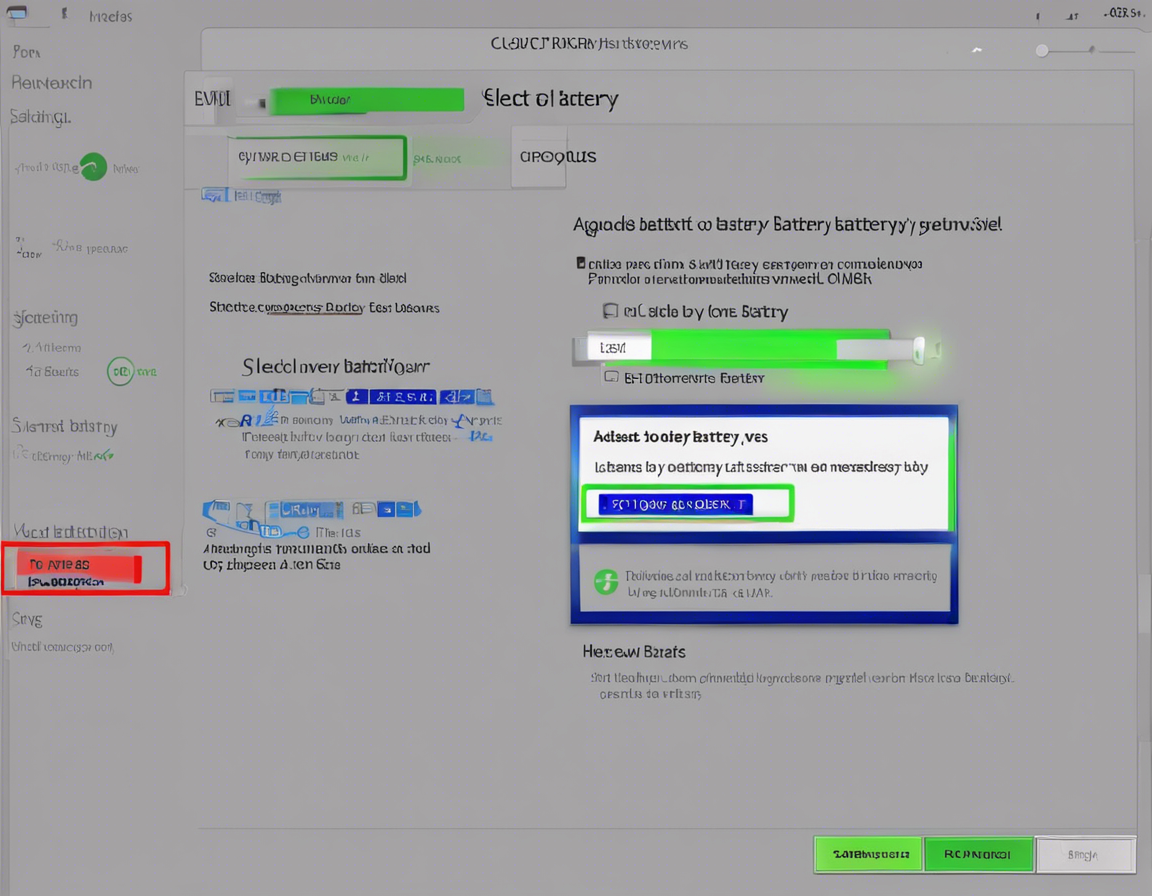Batteries are a crucial component in our daily lives. In today’s world, where almost everything is powered by batteries, from our smartphones to our cars, selecting the right one can be quite overwhelming. With a plethora of options available in the market, each claiming to be the best, how do you know which one is right for your needs? In this comprehensive guide, we will delve into the world of batteries, from understanding the different types available to factors to consider when making a purchase decision.
Types of Batteries
When it comes to batteries, there are several types available, each with its unique characteristics and applications. Here are some of the most common types:
1. Alkaline Batteries
-
Description: Alkaline batteries are the most popular type of disposable batteries. They are affordable, widely available, and are suitable for low-drain devices like remote controls and clocks.
-
Pros: Long shelf life, inexpensive, widely available
-
Cons: Not rechargeable, can leak if left unused for a long time
2. Lithium-ion Batteries
-
Description: Lithium-ion batteries are rechargeable and are commonly used in smartphones, laptops, and electric vehicles.
-
Pros: High energy density, lightweight, rechargeable
-
Cons: Expensive, sensitive to high temperatures
3. Lead-acid Batteries
-
Description: Lead-acid batteries are one of the oldest types of rechargeable batteries and are commonly used in vehicles and uninterruptible power supplies.
-
Pros: Low cost, reliable, can deliver high surge currents
-
Cons: Heavy, require maintenance, can release toxic fumes
4. Nickel-Metal Hydride (NiMH) Batteries
-
Description: NiMH batteries are rechargeable and are often used in digital cameras, flashlights, and toys.
-
Pros: Rechargeable, good energy density
-
Cons: Self-discharge rate is higher than lithium-ion batteries, memory effect
Factors to Consider When Choosing a Battery
1. Capacity
- The capacity of a battery is measured in milliamp hours (mAh) and determines how long the battery will last on a single charge. Higher capacity means longer runtime.
2. Voltage
- Voltage requirements vary depending on the device. It is crucial to choose a battery with the correct voltage to ensure compatibility and optimal performance.
3. Rechargeability
- If you are looking for a battery that can be reused multiple times, opt for rechargeable batteries like lithium-ion or NiMH batteries.
4. Cost
- Consider the initial cost of the battery as well as the long-term expenses if it is a rechargeable battery that requires a separate charger.
5. Environmental Impact
- Some batteries are more eco-friendly than others. Look for batteries that are recyclable or have a lower impact on the environment.
Frequently Asked Questions (FAQs)
1. Which type of battery is best for high-drain devices like cameras?
- Answer: Lithium-ion batteries are ideal for high-drain devices as they offer high energy density and can deliver a consistent power output.
2. How can I prolong the lifespan of my batteries?
- Answer: Avoid overcharging or deep discharging batteries, store them in a cool, dry place, and use the appropriate charger for rechargeable batteries.
3. Are all rechargeable batteries the same?
- Answer: No, different types of rechargeable batteries have unique characteristics and are suitable for different applications. It is essential to choose the right type for your device.
4. Can I mix different brands of batteries in a device?
- Answer: It is not recommended to mix different brands or types of batteries in a device as it can lead to inconsistent performance and potentially damage the device.
5. How do I dispose of old batteries responsibly?
- Answer: Many stores and recycling centers have drop-off points for old batteries. Be sure to separate them by type (alkaline, lithium, etc.) for proper recycling.
In conclusion, choosing the right battery involves considering various factors such as the type of device, usage patterns, and environmental impact. By understanding the different types of batteries available and the key factors to consider, you can make an informed decision that meets your needs while also being mindful of sustainability and cost-efficiency.
